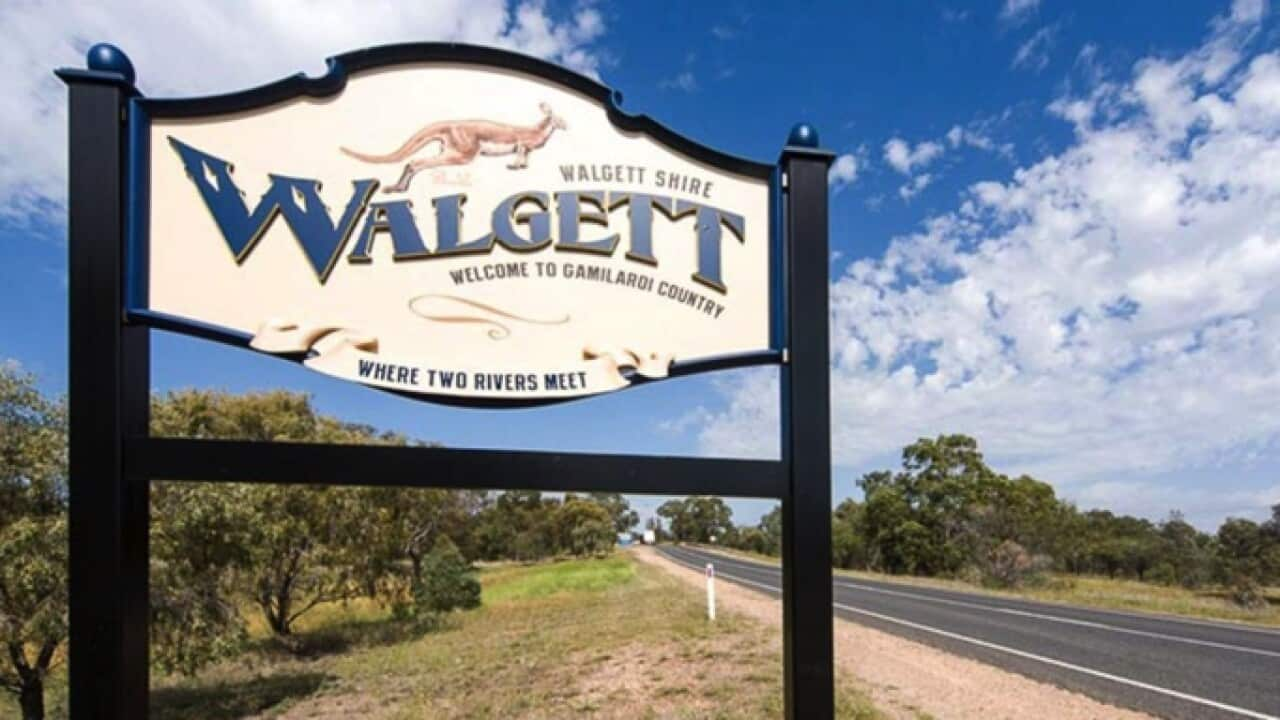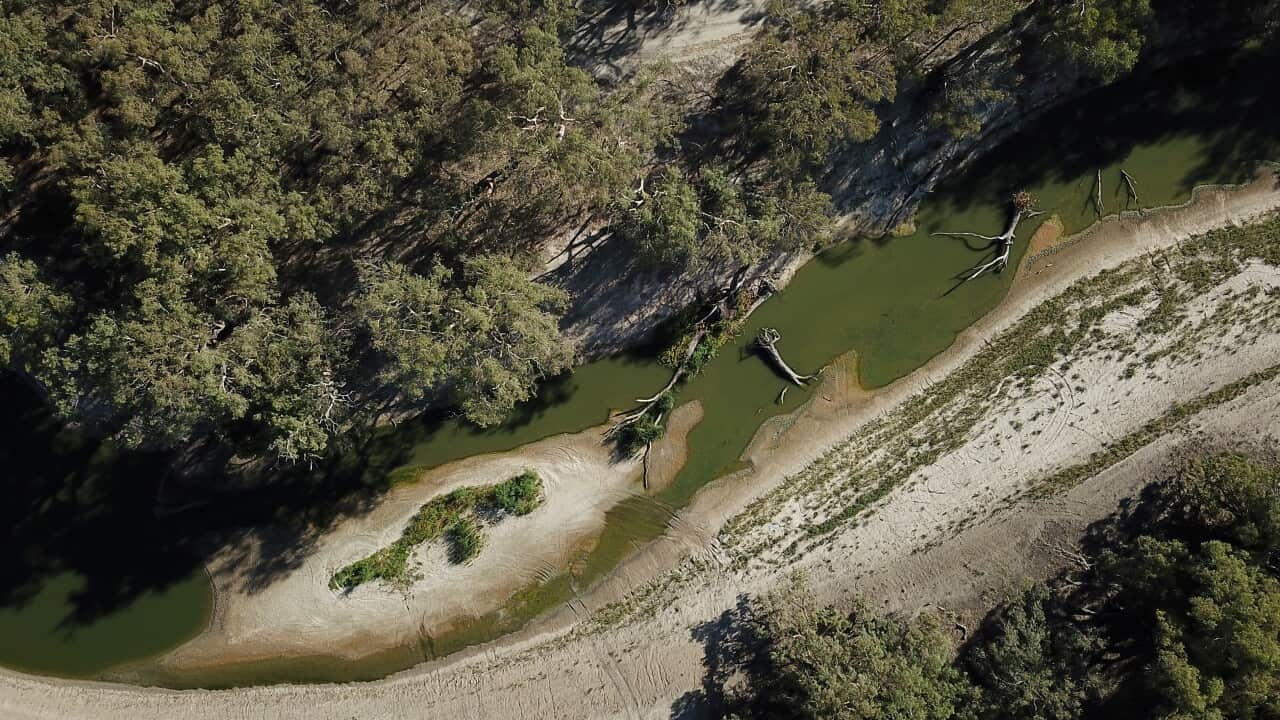The federal government has announced $9.2 million in funding to develop a First Nations water holding model, in partnership with Indigenous organisations.
Aboriginal and Torres Strait Islander people have been calling for enduring water holding arrangements for more than a decade.
First Nations peoples hold rights to about 40 per cent of Australian land through native title, yet own and control less than 0.2 per cent of the surface water entitlements.
Native title recognises that Indigenous peoples have their own systems of law and customs by which they have rights to land and waters, and that these systems have endured beyond colonisation.
Under native title legislation there is no clear right to take or manage the water itself, other than small amounts for cultural purposes.
Environment and Water Minister Tanya Plibersek said this lack of water has robbed Indigenous people of economic opportunities, particularly in rural Australia, and disrupted cultural practices.
She said the government will work with the Committee on Aboriginal Water Interests, the Coalition of Peaks, the Indigenous Land and Sea Corporation and other stakeholders to develop a model for First Nations to own, access and manage water.
"Water runs through the heart of many First Nations," Ms Plibersek said.
"And it's central to First Nations development and economic self-determination, particularly in rural and remote Australia.
"Aboriginal and Torres Strait Islander people have told me that the current arrangements for water holding aren't always appropriate for First Nations, who have their own cultural and economic needs and aspirations.
"It's important we get this right. It's a crucial step in reversing the legacy of Indigenous dispossession and under-representation in water ownership and decision-making."

Federal Environment minister Tanya Plibersek has announced a partnership to rethink Indigenous control of water. Source: AAP
"And to develop water holding arrangements in partnership with First Nations peoples that meet the needs of today and can meet tomorrow's ambitions," he said.
A step toward self-determination
Wiradjuri Nyemba woman Dr Virginia Marshall, an expert in Indigenous water rights, welcomed the government's announcement.
She said the first step in developing a coherent water plan was collating data.
"There must be an official independent water audit, because we have to know exactly what's on the table," Dr Marshall told AAP.
"Because over the years, there have been a number of historic issues regarding over allocation of water and at the same time, of course, Aboriginal people were not recognised to have held on to those water rights through the dispossession of this Country."
Dr Marshall said she hoped the move would signal an increase in the participation of Indigenous people and organisations in the Australian water market.
"In the same vein, we need an adaptation of Aboriginal wealth creation policies and strategies that are consistent with the principles of the United Nations framework on self-determination," she said.
"It's an anathema for Aboriginal people to even dream of separating water from land.
"So creating those property rights, those special property rights in water is really one issue that needs to be dealt with because it's created all of these commercial water rights and left Aboriginal people without their rights on Country for commercial development."













